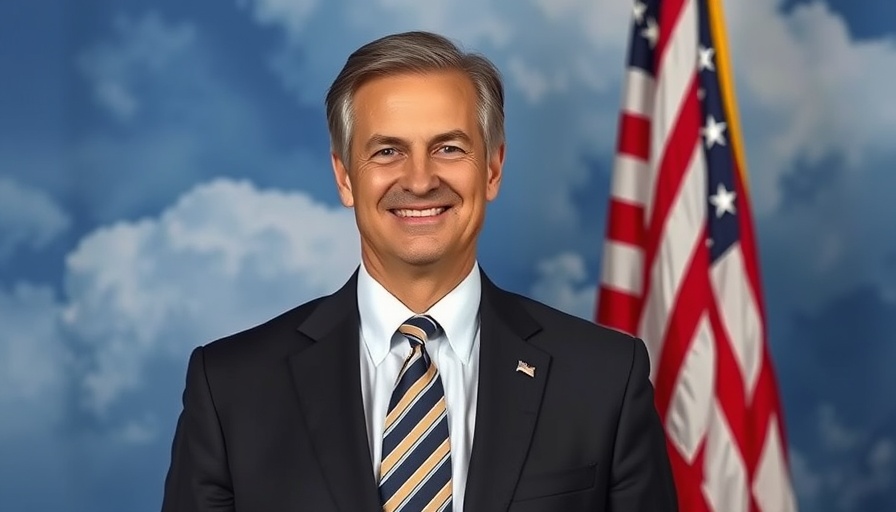
Trump’s Surprising Shake-Up at the IRS: What You Need to Know
In an unexpected move, former President Donald Trump has stripped Billy Long of his position as IRS Commissioner, making him the shortest-serving head in the agency's notable history. Less than two months post-confirmation, Long's abrupt removal has sparked questions surrounding leadership stability at the IRS amid ongoing bureaucratic changes.
The Ripple Effects of Leadership Change
Trump's decision to appoint Scott Bessent as the acting IRS chief brings to light a trend of inconsistency within the agency. Bessent's new position comes on the heels of an administration that has already cycled through four acting commissioners prior to Long's June confirmation. Frequent turnover has left the IRS facing increased scrutiny and operational challenges, raising concerns about its ability to effectively serve taxpayers.
Long’s Untraditional Background Raises Eyebrows
Long’s background as an auctioneer and a Republican congressman with a history of challenging the IRS leads many to wonder how equipped he was for the role. His previous efforts to abolish the agency drew skepticism, especially considering he had no tax administration experience. With an unconventional resume, Long’s appointment had already ignited debates about the qualifications necessary for such a pivotal role.
The Context of Long's Removal: Workforce Cuts and Political Tensions
Due to Trump's administration's aggressive campaign under the Department of Government Efficiency (DOGE), IRS employment numbers have plummeted from 103,000 to 77,000 since January. This dramatic reduction serves as a backdrop to Long's untimely departure, illustrating the agency's struggle against a backdrop of operational constraints and high-profile personnel changes. As the IRS continues to navigate these challenges, its future effectiveness remains uncertain.
A Broader Implication on Tax Administration
The frequent shake-ups at the IRS could have far-reaching effects on taxpayer interactions and the agency’s overall public perception. With ongoing calls for investigations into alleged fraudulent tax credit schemes linked to Long, the public's trust in IRS leadership wanes further. It draws attention to the importance of having qualified and stable figures leading such essential governmental institutions.
As residents of Northwestern Indiana watch this situation unfold, it's crucial to stay informed about how these changes affecting national policy may ripple down to the local level. Whether through concerns about tax administration efficiency or the political machinations underpinning these transitions, one thing is clear: the consequences of leadership choices at the IRS will resonate well beyond Washington, D.C.
 Add Row
Add Row  Add
Add 




Write A Comment